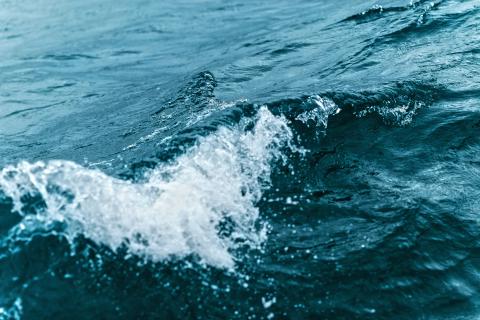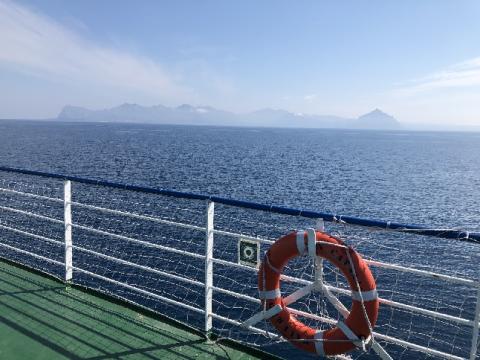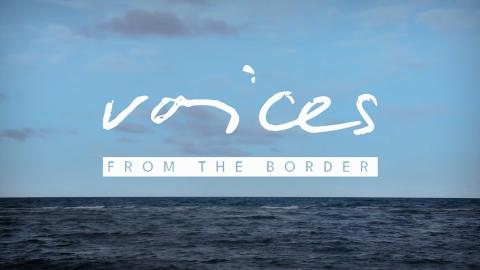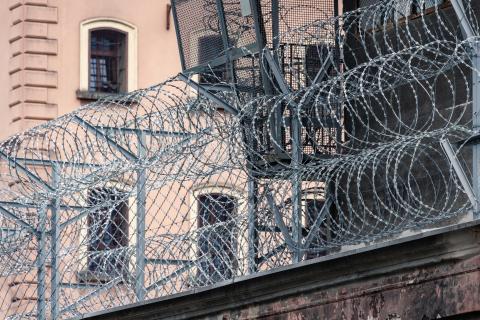History
Foundation of our association
borderline-europe was founded in 2007 in response to the increasing foreclosure of "Fortress Europe". We have made it our mission to publicise the EU's misanthropic refugee policy. The association's founders, who had long been involved in refugee policy, joined forces with other activists and laid the foundation for the cooperation.
Elias Bierdel and Stefan Schmidt were contacted. With the German humanitarian rescue ship "Cap Anamur" the two had saved a refugee boat in 2004, including 37 men from various African countries, for example Ghana and Eritrea. The captain of the ship, Stefan Schmidt, at that time the head of the committee Cap Anamur, Elias Bierdel, and the first officer Vladimir Dashkevich stood trial for five years in Italy for alleged "aiding and abetting" and "smuggling" of the 37 people they had saved from death.
There was an urgent need for action. Together with the prominent defendants, who kept the media world in suspense, and activists from Berlin and Brandenburg, Judith Gleitze and Harald Glöde laid the foundation for borderline-europe.
Press comments on the process (selection)
Menschen "verschwinden, ertrinken, verdursten", Retter in Not, Justiziable Flüchtlingspolitik, Wer hilft, wird bestraft, Bierdel-Prozess dokumentiert "den größten Menschenrechtsskandal", Grenzen humanitärer Hilfe, Diese Toten sind Botschafter jenes großen Unrechts, Hoffnung auf ein besseres Leben, Flüchtlingshelfer sollen in Haft, Sonntagsreden zur EU-Abschottung, Nach der Irrfahrt auf der langen Bank gelandet, Exempel auf Sizilien, Wir sind keine Schlepper, Italien: Prozess gegen früheren Cap-Anamur-Chef eröffnet, Nach Flüchtlingsrettung vor Gericht, Vorwurf Schlepperei
10 years Cap Anamur
In 2004 the "Cap Anamur" - the relief and rescue vessel of the eponymous humanitarian organization - left its home port Lübeck to help people in need. Ten years - and countless deaths - later we want to discuss what has changed in dealing with refugees and migrants in the Mediterranean and what should change urgently. At an event on June 20, 2014 in the Jakobikirche in Lübeck, both the EU's policy of foreclosure and the alleged "African onslaught" on Europe's prosperity fortress were questioned and discussed. On this day - exactly ten years after Cap Anamur welcomed 37 people in the Mediterranean - we looked back. Here is some of the press coverage on this day and the story of "Cap Anamur": 10 years Cap Anamur





